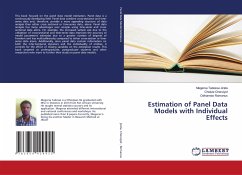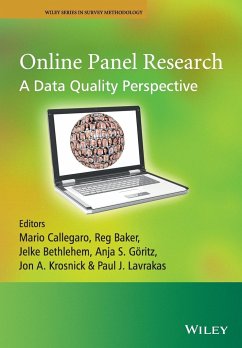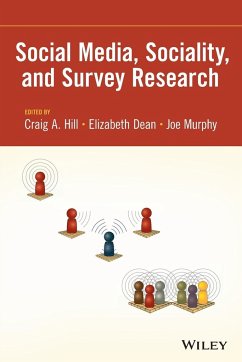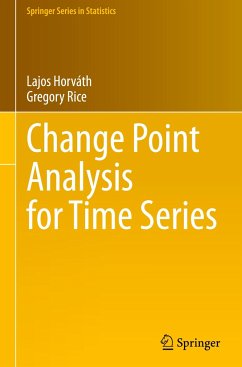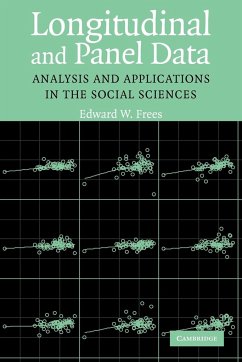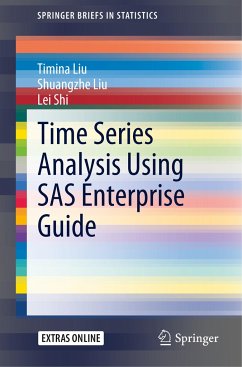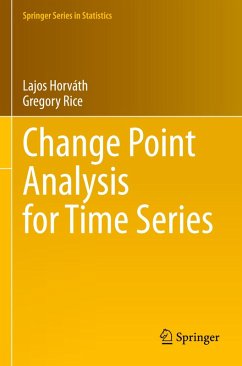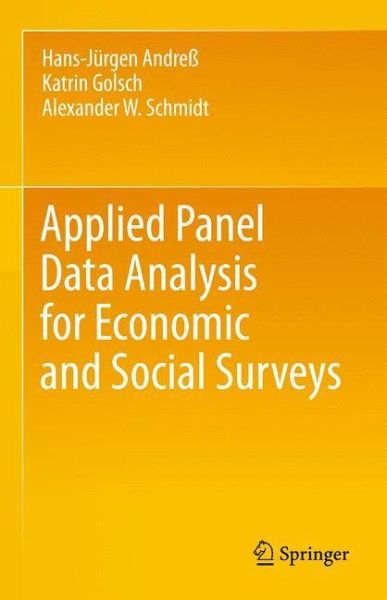
Applied Panel Data Analysis for Economic and Social Surveys
Versandkostenfrei!
Versandfertig in 6-10 Tagen
98,99 €
inkl. MwSt.
Weitere Ausgaben:

PAYBACK Punkte
49 °P sammeln!
Many economic and social surveys are designed as panel studies, which provide important data for describing social changes and testing causal relations between social phenomena. This textbook shows how to manage, describe, and model these kinds of data. It presents models for continuous and categorical dependent variables, focusing either on the level of these variables at different points in time or on their change over time. It covers fixed and random effects models, models for change scores and event history models. All statistical methods are explained in an application-centered style usin...
Many economic and social surveys are designed as panel studies, which provide important data for describing social changes and testing causal relations between social phenomena. This textbook shows how to manage, describe, and model these kinds of data. It presents models for continuous and categorical dependent variables, focusing either on the level of these variables at different points in time or on their change over time. It covers fixed and random effects models, models for change scores and event history models. All statistical methods are explained in an application-centered style using research examples from scholarly journals, which can be replicated by the reader through data provided on the accompanying website. As all models are compared to each other, it provides valuable assistance with choosing the right model in applied research. The textbook is directed at master and doctoral students as well as applied researchers in the social sciences, psychology, business administration and economics. Readers should be familiar with linear regression and have a good understanding of ordinary least squares estimation.




